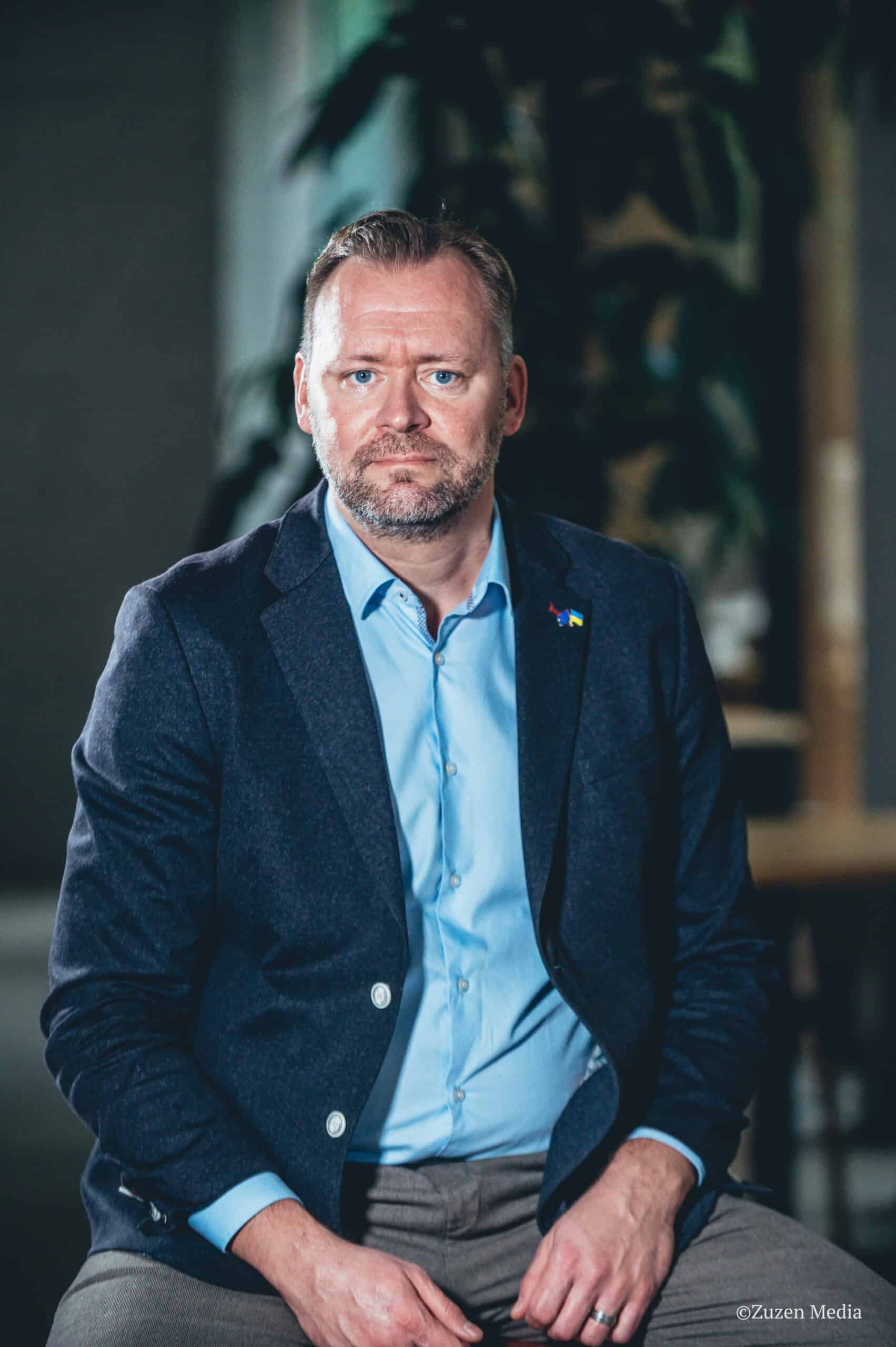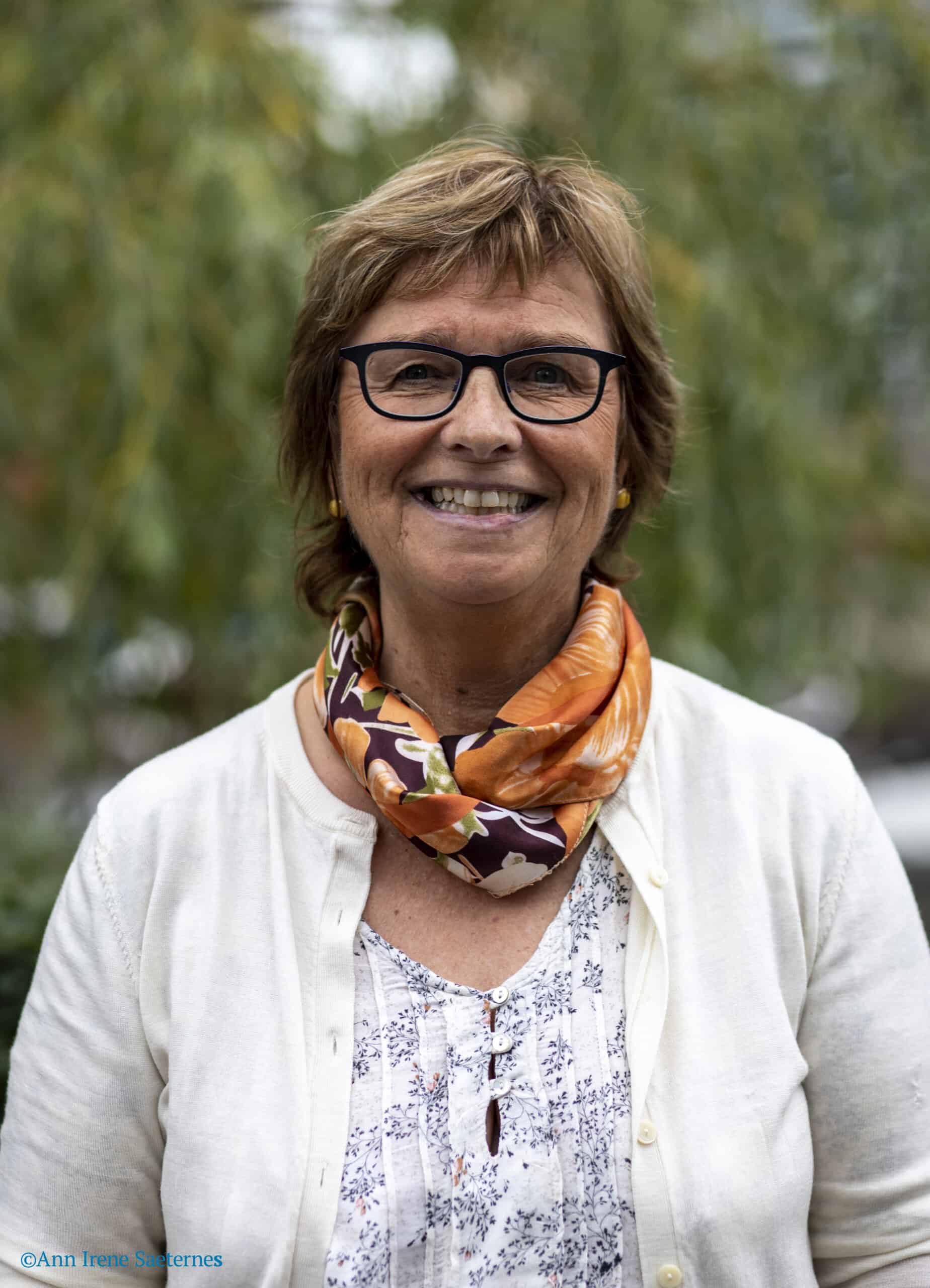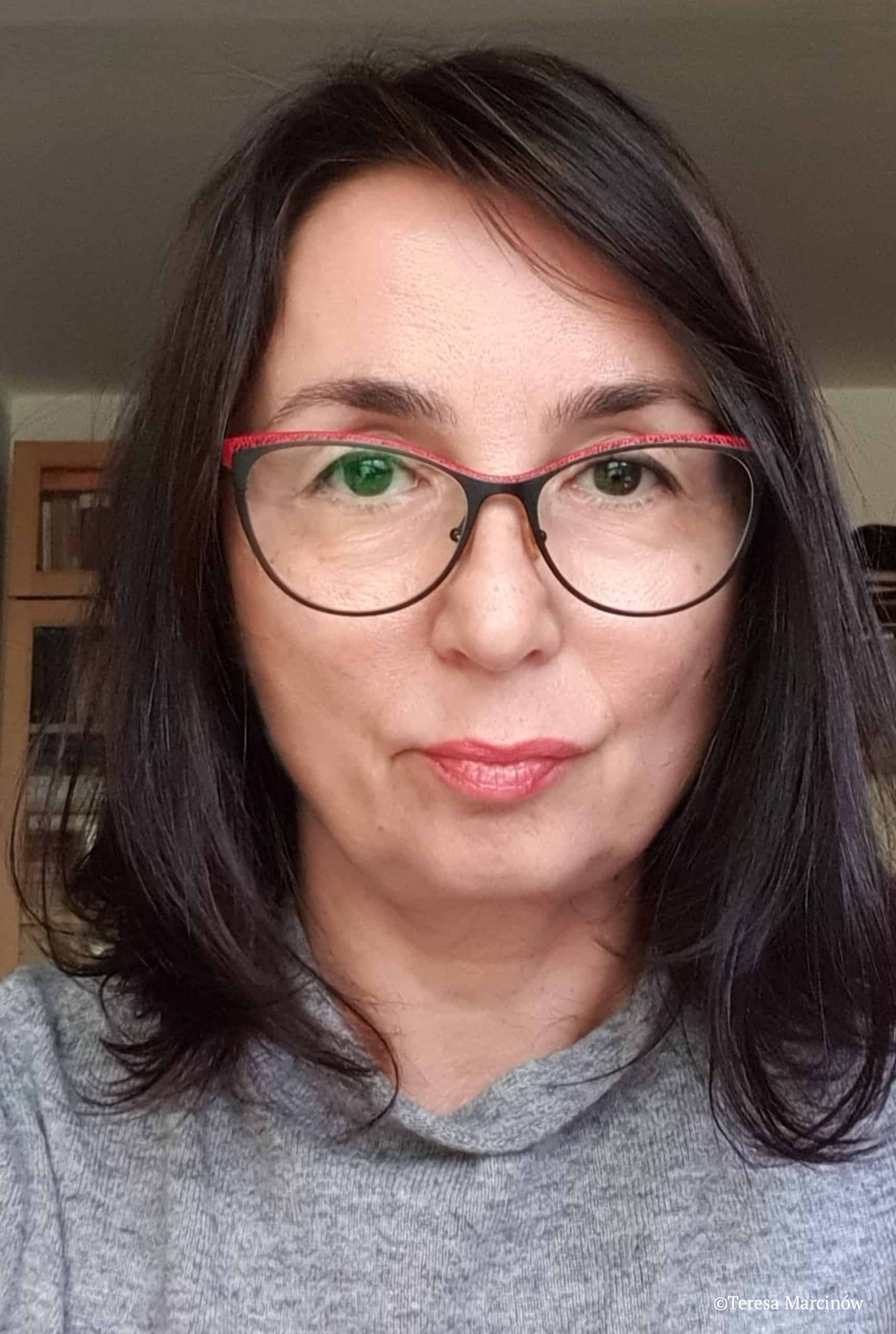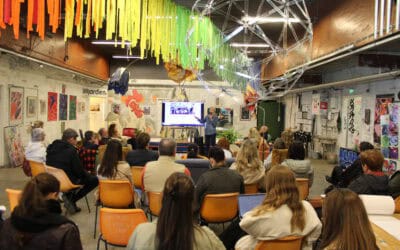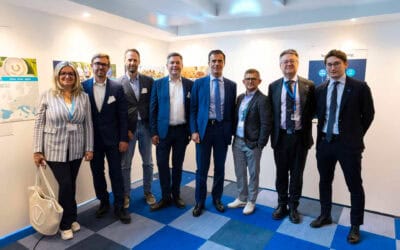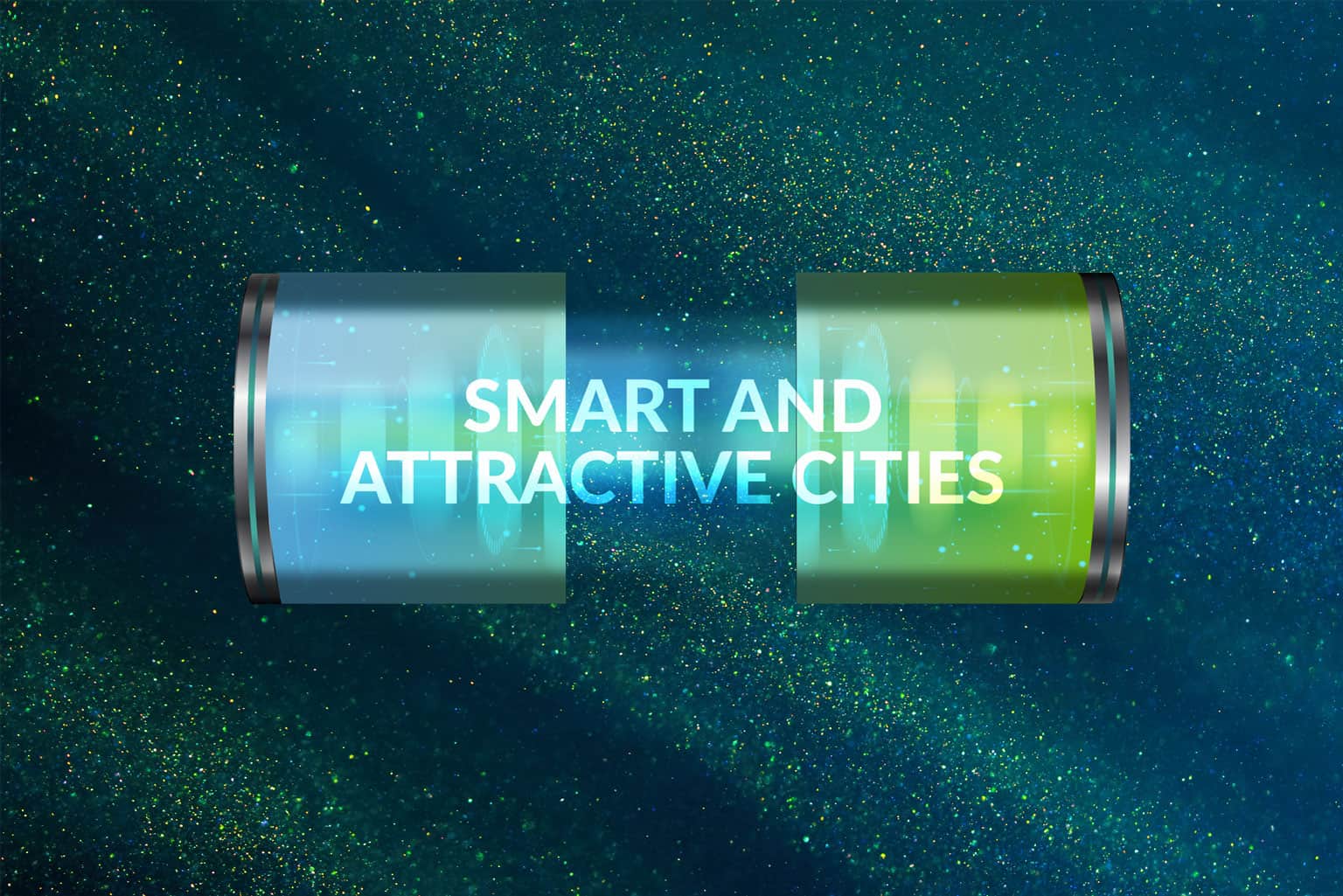
1 August 2023
How Interreg builds smart and attractive cities
#25yearsIBSR
Written by Elena Kolosova
Cities and towns are engines for the development
Cities and towns are engines for the development of the whole Baltic Sea region. Interreg projects helped them define their strengths and respond to emerging challenges. In the early 2000s, over 50 cities and towns learned together how to develop their services for the benefit of residents. Some focused on planning and developing their urban space and reconstructing residential quarters and industrial areas, while others created investment and marketing strategies by making use of the expertise of capital cities.
Esa Kokkonen, Director of the Baltic Institute of Finland and the coordinator of the policy area Innovation of the EU Strategy for the Baltic Sea Region
In 2005, we started to reach out to Tampere’s peer regions along Via Baltica Nordica Development Zone and with a related cooperation proposal. It was our first own Interreg Baltic Sea Region project. It was about building a network and learning from peers. These were our first steps in smart specialisation when we tried to understand what our strengths and assets as a northern European region. And we have been continuing ever since.”
New focus over the years
Between 2009 and 2014, projects brought cities closer to each other and promoted them jointly as one unique destination for tourism and for investments outside the Baltic Sea region. They also helped bigger cities and smaller towns transform their development and urban design strategies that considered the opinions of residents.
Ann Irene Saeternes, Monitoring Committee member from Norway, Eastern Norway County Network
Nowadays, youth empowerment and participation are well-established in Norway. Since 2020 it is regulated by law to establish youth councils and to involve young people in the region and municipalities’ debates and planning process. The Interreg projects played an important role in the process.”
Responding to new challenges
In 2016-2021, projects helped cities and towns deal with emerging societal and demographic changes and climate change challenges. Urban managers together with community activists, artists, and researchers engaged residents in urban social innovation to jointly develop visions for city spaces and design them as common community projects. Cities also developed urban mobility plans, established new mobility points, and introduced living street initiatives. They integrated autonomous public transport and e-mobility solutions, such as e-bikes, e-scooters, and e-buses, to increase the liveability of cities for residents.
Teresa Marcinów, Monitoring Committee member from Poland, Ministry of Development Funds and Regional Policy
#25yearsIBSR
This year, our Interreg Baltic Sea Region Programme is celebrating its 25th anniversary. For more examples of #MadeWithIBSR project results and testimonials of great people who have helped shape the regions with us, visit our birthday celebrations page!
Want to know more about the projects that have been helping cities and towns become more attractive? Flip through the project examples below:
More recent news
Bringing Communities Together for Sustainable Change
16 July 2025 Bringing Communities Together for Sustainable Change written by Anna ZaccaroOn 22 May 2025, we had the unique opportunity to explore...
How transnational cooperation is building Europe´s future with youth
Explore how transnational cooperation is transforming Europe, from addressing climate change to fostering local economic growth. This exhibition highlights the powerful impact of collaboration beyond borders in shaping a stronger, more united future.
CompositeCircle kicked off in Lappeenranta: setting the stage for circular innovation
The CompositeCircle project officially launched with a multi-day kick-off meeting in Lappeenranta, Finland, bringing together partners from across...



